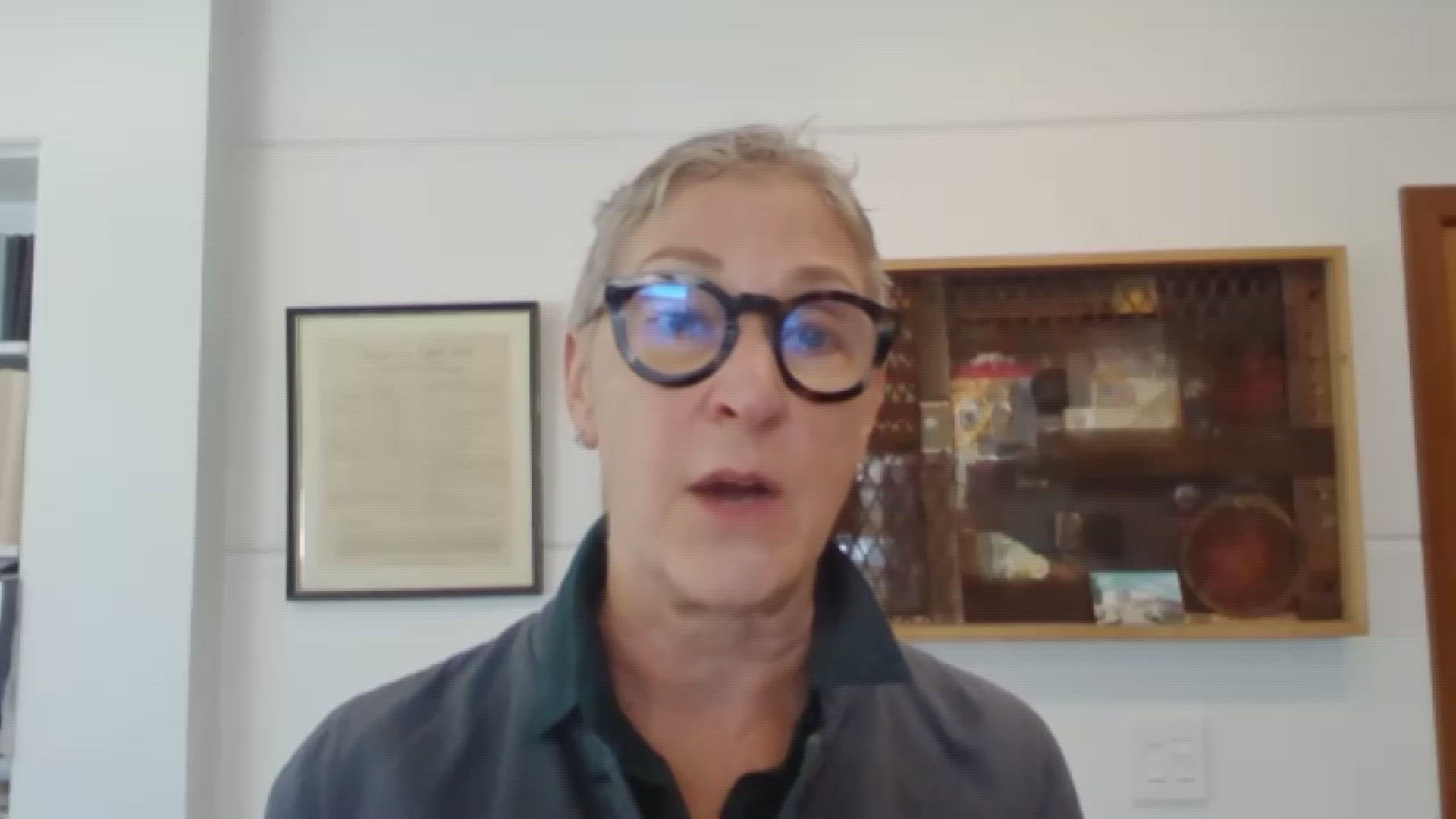INDIANAPOLIS — Indiana's near-total abortion ban, which was supposed to take effect Aug. 1, went into effect Monday after a Supreme Court decision.
The state's highest court decided not to rehear arguments from the American Civil Liberties Union on whether or not a new law restricting abortions is unconstitutional.
The Supreme Court's June decision was certified Monday, allowing the new restrictions to go into place.
Indiana Planned Parenthood clinics had already stopped providing abortions. The clinics remain open, but their abortion care has ended.
Services stopped at the start of August, nearly a year to the day after Gov. Eric Holcomb signed SB1, a near-total abortion ban, even in the earliest stages of pregnancy.
Although they will no longer provide abortion care, Planned Parenthood vows to provide help with access to abortion outside of Indiana.
"We will help arrange their travel and their care in other states, and they will have to travel hundreds of miles to reclaim ownership of their bodies and futures," OB/GYN Dr. Katie McHugh said earlier in August.
Abortions are allowed in cases of rape or incest up to 10 weeks, although many women are unaware they're pregnant at that point.
They will also be allowed up to 20 weeks for fatal fetal anomalies or to protect the life of the mother. The law limits abortion care to hospitals only.
Planned Parenthood claimed its clinics saw a 25% increase in people traveling into Indiana for abortion care over the past year, since the Dobbs decision. It now has a navigation team in place to help Hoosiers travel out of state.
Statements
The following people and organizations have shared statements Monday on Indiana's near-total abortion ban going into effect:
Mike Fichter, Indiana Right to Life president and chief executive officer:
"The closing of abortion clinics is a major victory for unborn babies. And we're sending a message to the rest of the nation that when we choose to stand together in love and compassion for pregnant mothers and unborn babies, we can save lives, we can improve lives and we can help build a national culture that values and respects every life. We're so encouraged to know that 9,000 fewer babies now will be aborted in the state of Indiana."
Jane Henegar, executive director of ACLU of Indiana:
"Today is a dark day in Indiana’s history, as a near-total abortion ban takes effect. We have seen the horrifying impact of bans like this across the country, and the narrow exceptions included in this extreme ban will undoubtedly put Hoosiers’ lives at risk. We will continue to fight in court to clarify and expand upon the current exceptions. Every person should have the fundamental freedom to control their own body and politicians’ personal opinions should play no part in this personal decision."
Indiana Attorney General Todd Rokita:
"My office promised to defend Indiana's pro-life law, and we have done that every step of the way. Today, the Indiana Supreme Court certified its opinion rejecting a constitutional challenge to Indiana’s pro-life law, which protects the lives of innocent, unborn babies. This is great news for Hoosier life and liberty. We defeated the pro-death advocates who try to interject their views in a state that clearly voted for life."
IU Health:
"Pregnant people should seek guidance from their providers. And while most abortions will be banned, if a pregnant person qualifies for one of the exceptions in the law, or is unsure if they qualify, IU Health’s Family Planning team will carefully review and provide guidance specific to that person’s situation. The 24/7 reproductive health rapid response team remains available for consult about real-time emergent/urgent patient care situations and treatment plans at our facilities."
Indianapolis Mayor Joe Hogsett:
"Today’s ruling is a setback for the safety of Indianapolis residents, as it undermines reproductive rights and essential healthcare services. I remain committed to fighting tirelessly at the Statehouse to restore the rights of individuals to make their own healthcare decisions."
Beth White, president and CEO of the Indiana Coalition to End Sexual Assault and Human Trafficking:
"We believe Indiana’s near-total abortion ban will compound the trauma of sexual violence for vulnerable victims. We are deeply concerned that victims of rape and incest will face an uncertain future as they navigate the narrow 10-week window to seek an abortion following an assault.
More than ever, ICESAHT is committed to survivors. We will do this by supporting our Rape Crisis Centers and service providers who approach sexual assault cases through a victim-centered lens. We know the future is uncertain, but we are up to the task. We owe it to survivors."

